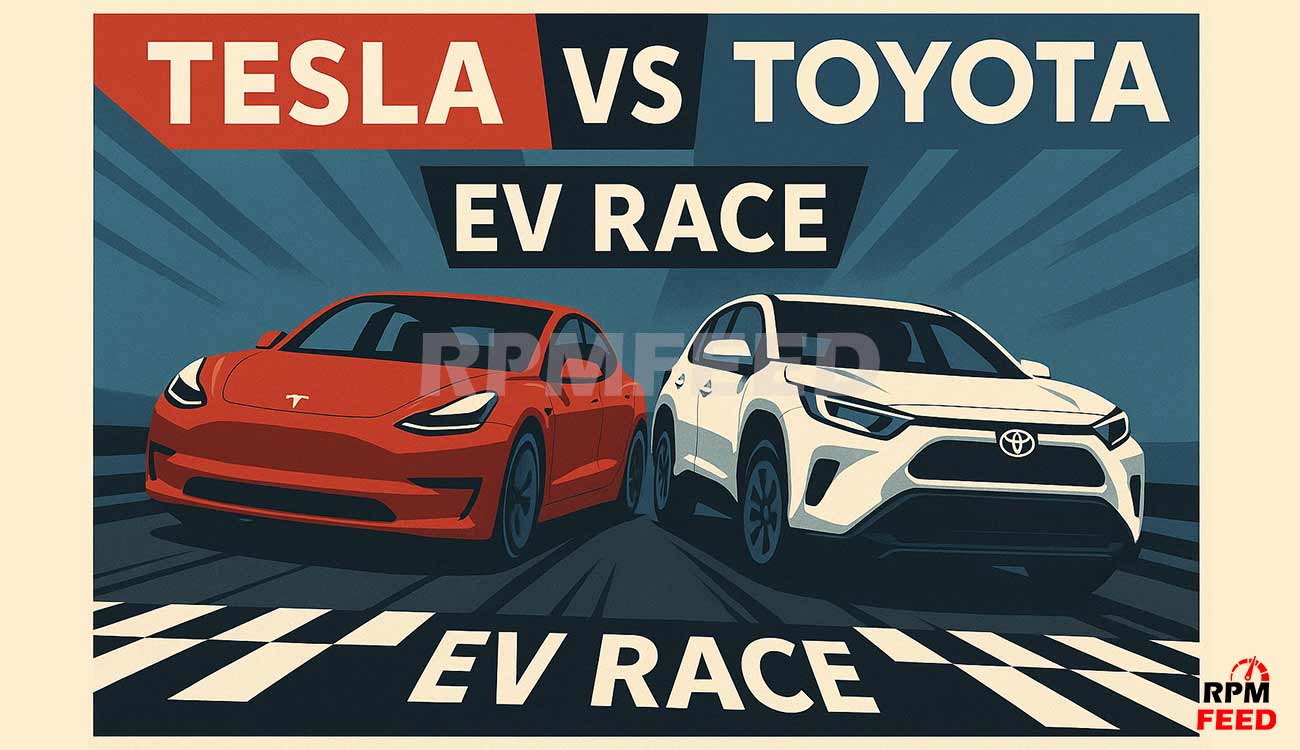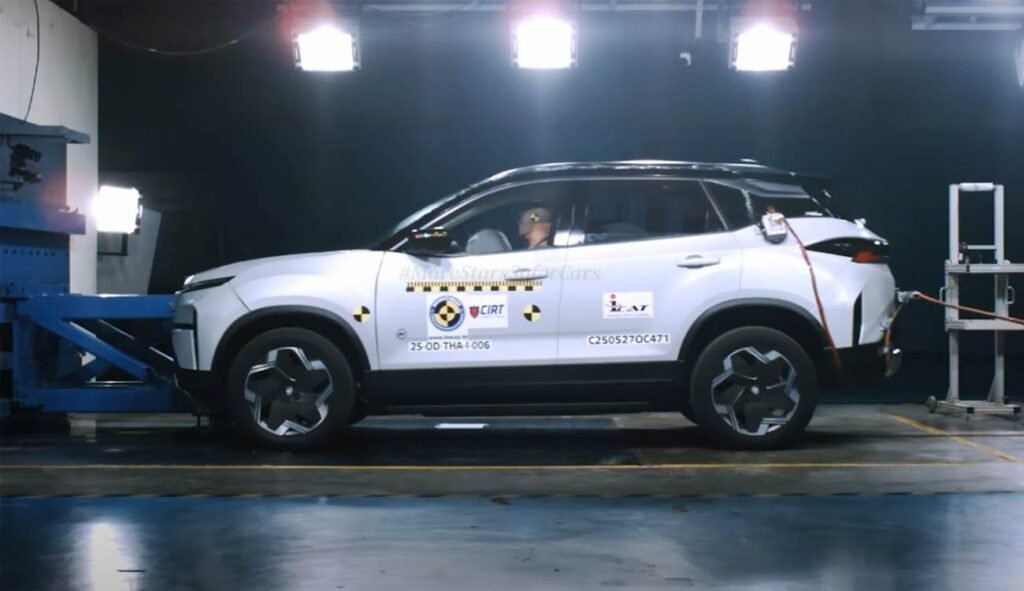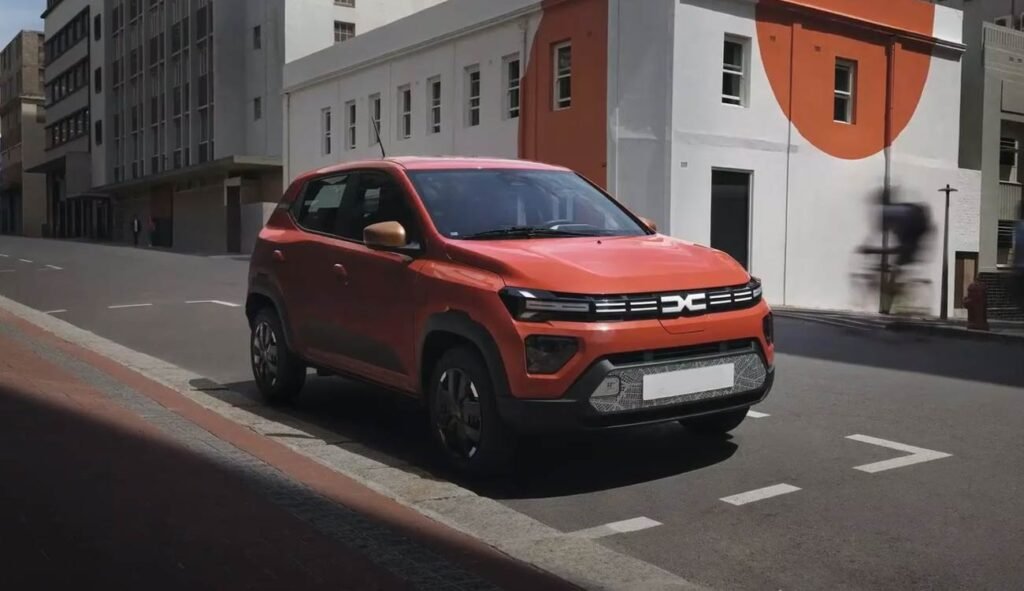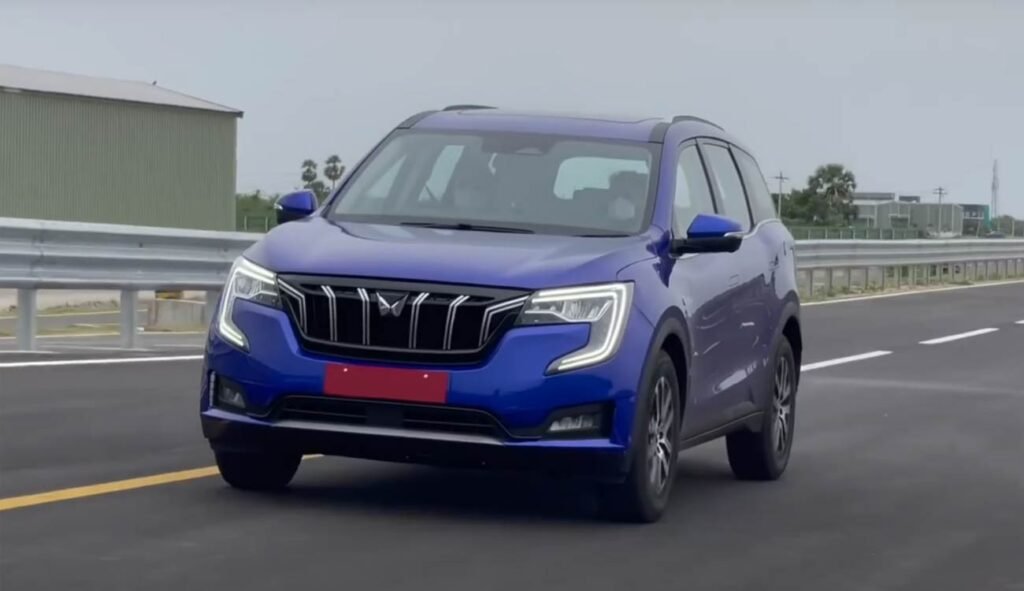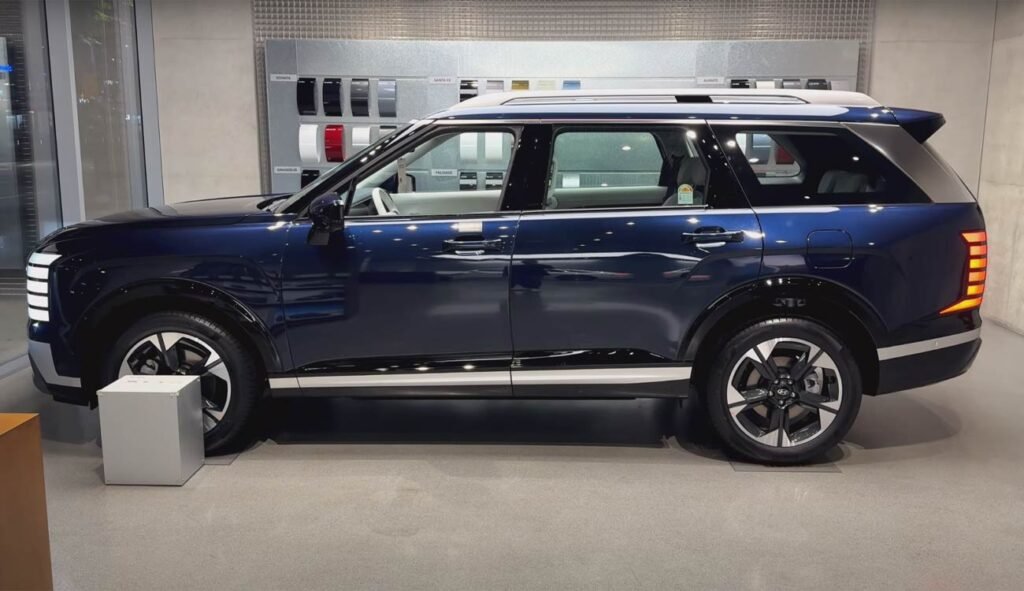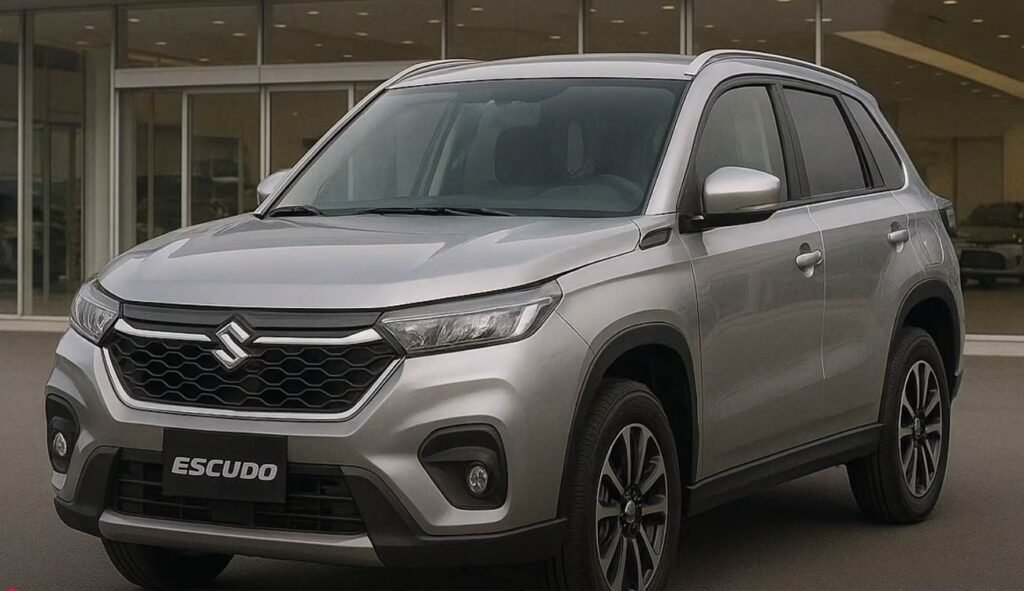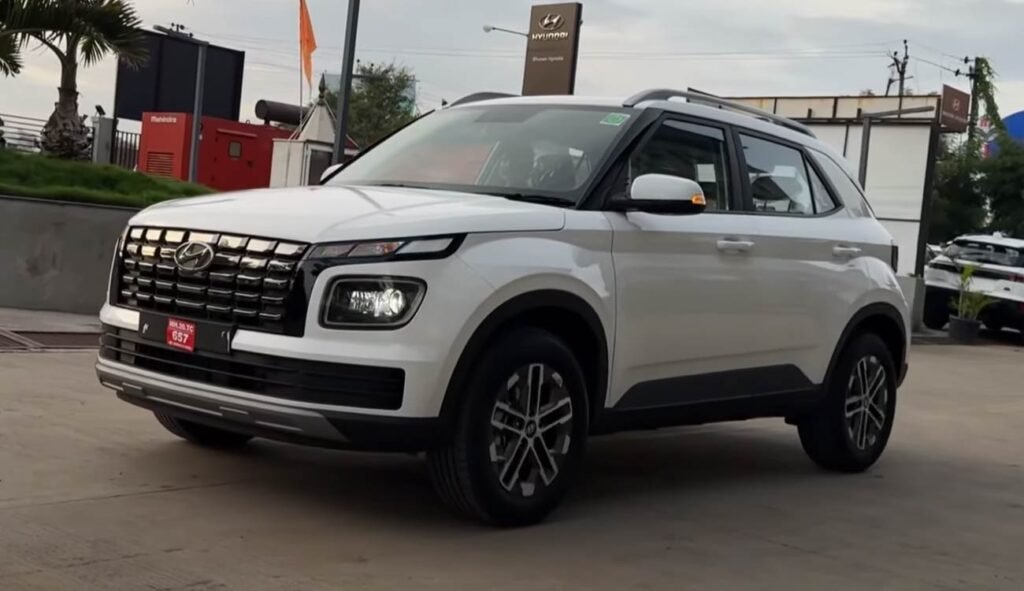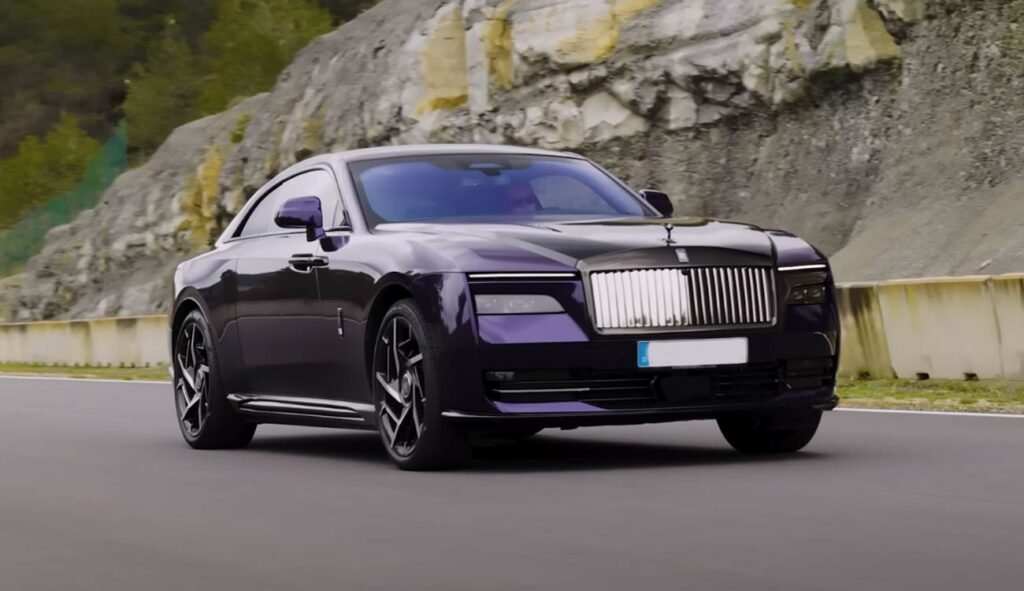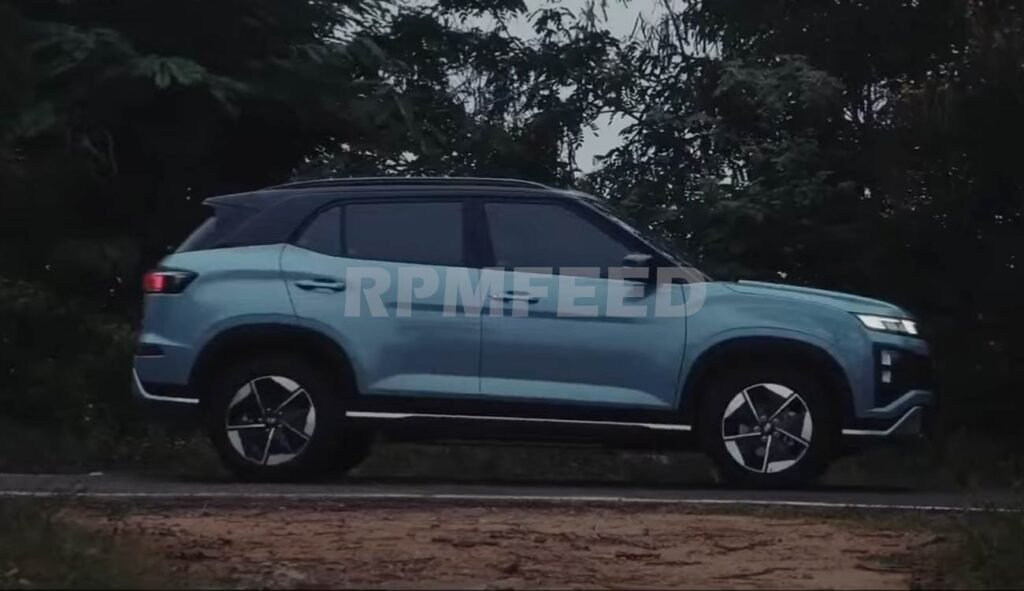The electric vehicle (EV) market is growing at breakneck speed as more drivers make the switch to sustainable modes of transport. Among the major players in this space, Tesla and Toyota stand out. Tesla is widely recognized as a pioneer, while Toyota, traditionally known for hybrids, is now ramping up its EV game. But which brand is truly leading the EV race? Here’s a deep analysis to find out.
Quick Read
- Tesla currently dominates the EV market with cutting-edge technology and market visibility.
- Toyota is taking a slow-and-steady approach, leveraging its hybrid expertise while launching new EVs.
- Factors compared include battery technology, range, pricing, and future strategies.
- Industry experts predict increasing competition as both companies innovate further.
Electric vehicles aren’t just a trend; they’re shaping the future of transportation. With global climate concerns and emission standards tightening, brands like Tesla and Toyota are racing to secure their place in the EV market. Tesla continues to dominate headlines as the iconic EV leader, while Toyota’s well-planned strategy aims to disrupt the competition.
By comparing these industry heavyweights, we’ll uncover which brand holds the edge in areas of technology, innovation, and market impact, ultimately giving you an informed perspective on the EV market’s present and future.
Tesla’s Dominance
Tesla has redefined what it means to drive electric. Founded by Elon Musk, Tesla entered the EV market with ambition and innovation, setting benchmarks for the industry across crucial areas like performance, design, and technology.
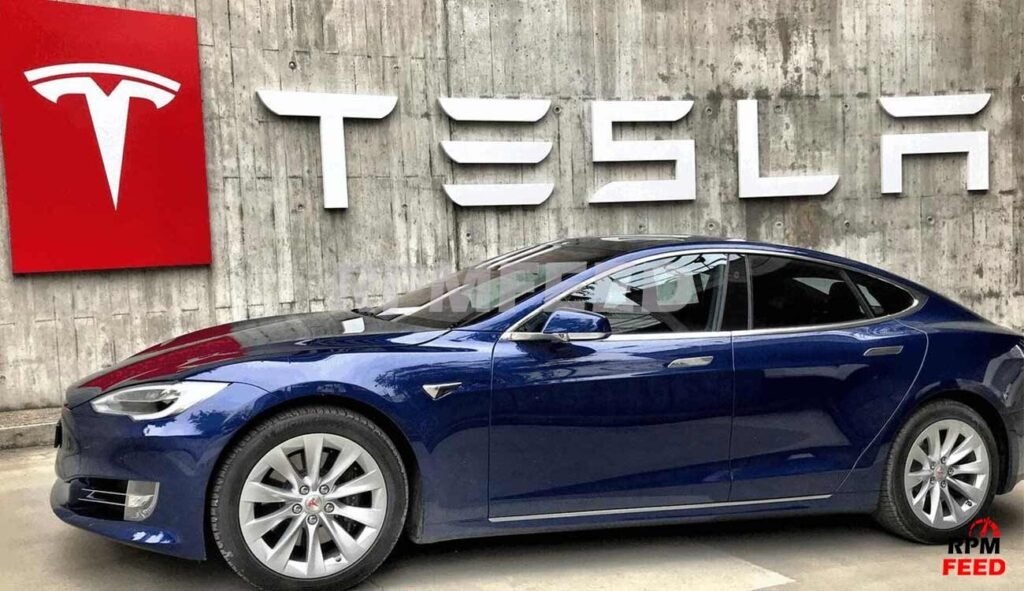
Technological Advancements
Tesla’s proprietary battery technology has been a game-changer. Its lithium-ion batteries offer impressive ranges of up to 400 miles or more per charge, depending on the model. The company also focuses on fast charging, with its Supercharger network boasting over 45,000 charging locations worldwide. This infrastructure has been pivotal in reducing range anxiety for Tesla drivers.
Market Recognition
Tesla’s sleek designs, coupled with the cult-like following of its CEO Elon Musk, play a crucial role in brand recognition. Models like the Model 3 and Model Y continue to attract EV buyers across the globe, with Tesla leading market share in key regions, including the US and Europe.
Innovation-Driven Leadership
Tesla has positioned itself as a tech company as much as an automaker. Features like autonomous driving capabilities, over-the-air software updates, and a seamless app ecosystem distinguish Tesla from traditional competitors.
Toyota’s Strategy
While Toyota may not be as synonymous with EVs as Tesla, it’s impossible to overlook its contributions to low-emission vehicles. Toyota has long been a global leader in hybrids, with the Prius being one of the most successful hybrid models in history.
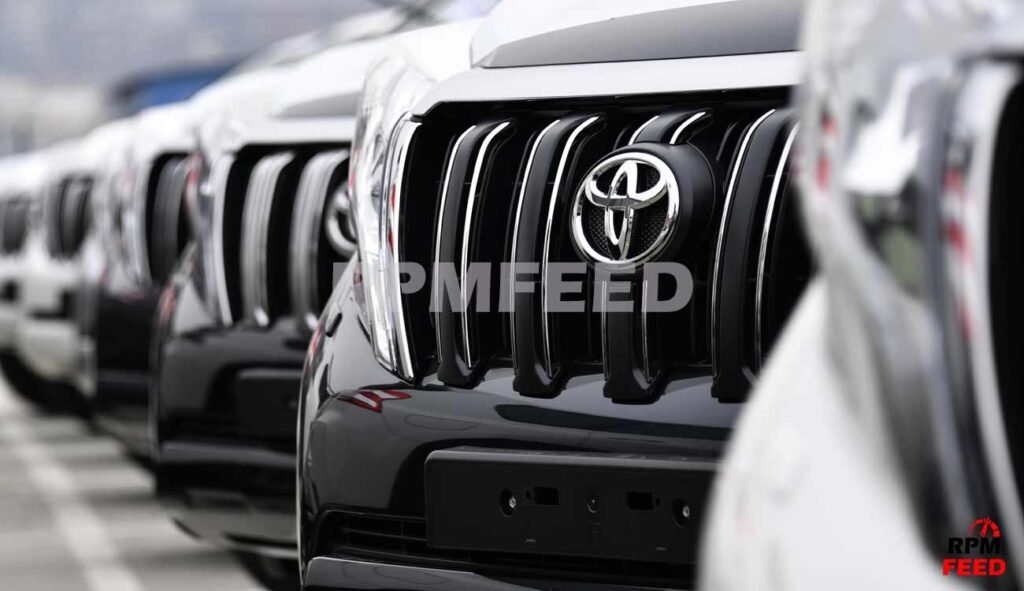
Hybrid Expertise as a Foundation
Unlike Tesla, Toyota has taken a gradual approach to EVs, building on its hybrid vehicle expertise. This strategy has allowed Toyota to maintain strong sales while refining its EV capabilities behind the scenes.
Future EV Plans
Toyota is betting big on solid-state battery technology, which promises faster charging and longer ranges compared to lithium-ion batteries. The company has also pledged to release 30 all-electric models by 2030, signaling its serious intentions to compete in the EV space.
Competitive Analysis
Battery Technology
Tesla has a clear edge here, given its superior battery range and established Supercharger infrastructure. However, Toyota’s investment in solid-state batteries could disrupt Tesla’s dominance if successful.
Range and Performance
Tesla’s long-range capabilities and high performance are unmatched in the current market. However, Toyota is focusing on providing reliable and efficient EVs at more affordable price points, making EVs accessible to a wider demographic.
Pricing
Tesla positions itself as a premium brand, which reflects in its pricing. Toyota, on the other hand, is working to democratize EV ownership with models that cater to cost-conscious customers.
Market Share and Reach
Tesla is a global leader in EV sales today, but Toyota holds a larger share in the overall automobile market. With its vast distribution network, Toyota has the potential to scale EV production quickly once it accelerates efforts.
Expert Opinions
What do experts think about the future of EVs and this fierce competition?
- Alexandra Parker, Automotive Analyst predicts, “Tesla’s first-mover advantage won’t last forever as brands like Toyota leverage scale and innovation.”
- John Martins, EV Consultant, notes, “Toyota entering the solid-state battery space could mark a turning point, considering its legacy in hybrids and established manufacturing.”
Most agree that Tesla’s dominance may face challenges as competitors like Toyota, alongside others like Volkswagen and Ford, ramp up EV production.
The Future of the EV Race
The competition between Tesla and Toyota is shaping the future of EVs in meaningful ways. Tesla’s innovation places it as the undisputed leader today, but Toyota’s experience, network, and focus on future battery tech shouldn’t be underestimated.
Both brands are driving the transition to a more sustainable automotive industry. Ultimately, the “leader” will depend on what consumers value more–cutting-edge technology at a premium or widely accessible EV options for everyday drivers.
Which brand are you betting on? Share your thoughts and EV experiences in the comments below!
Featured Image Source: AI
